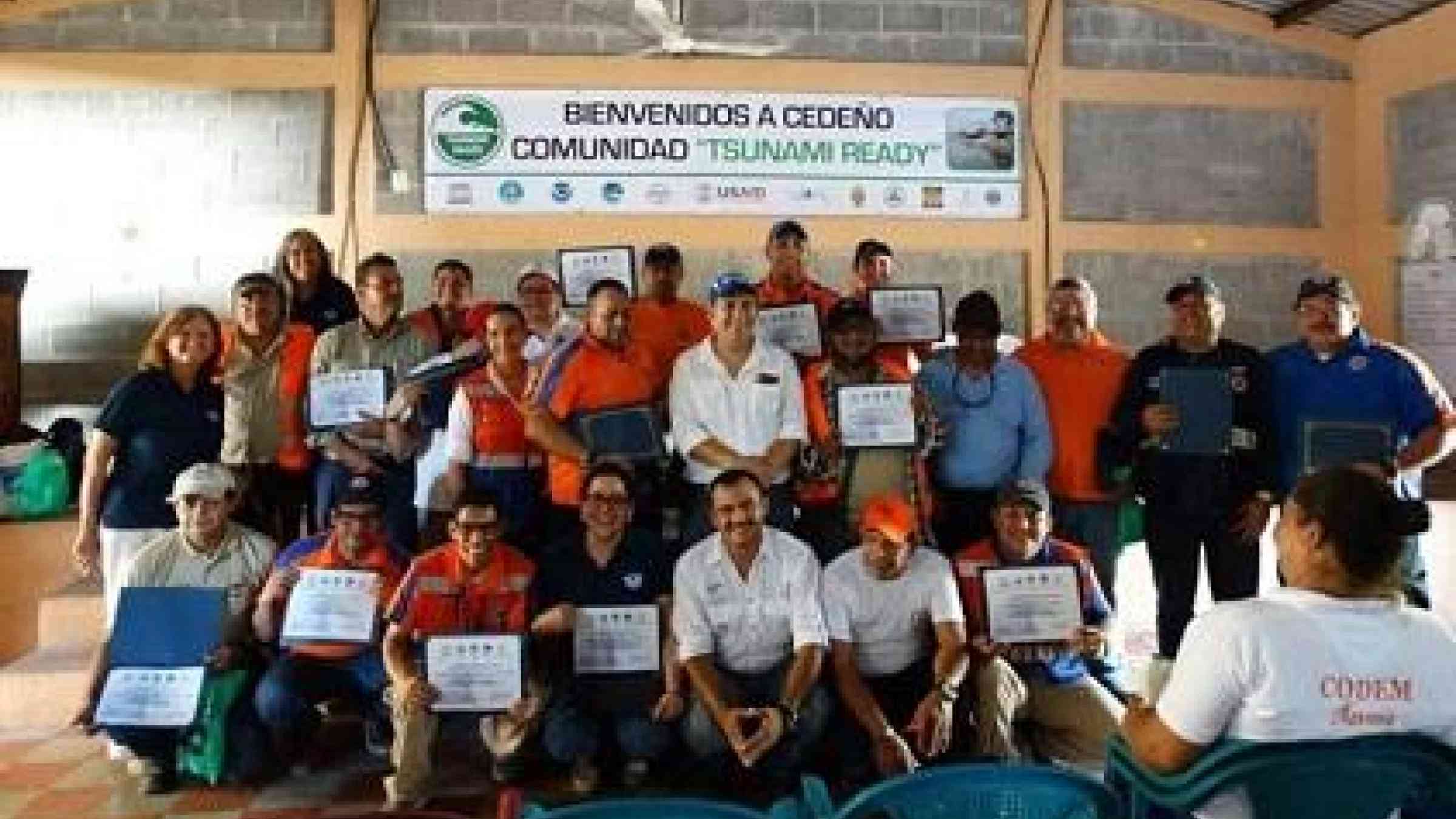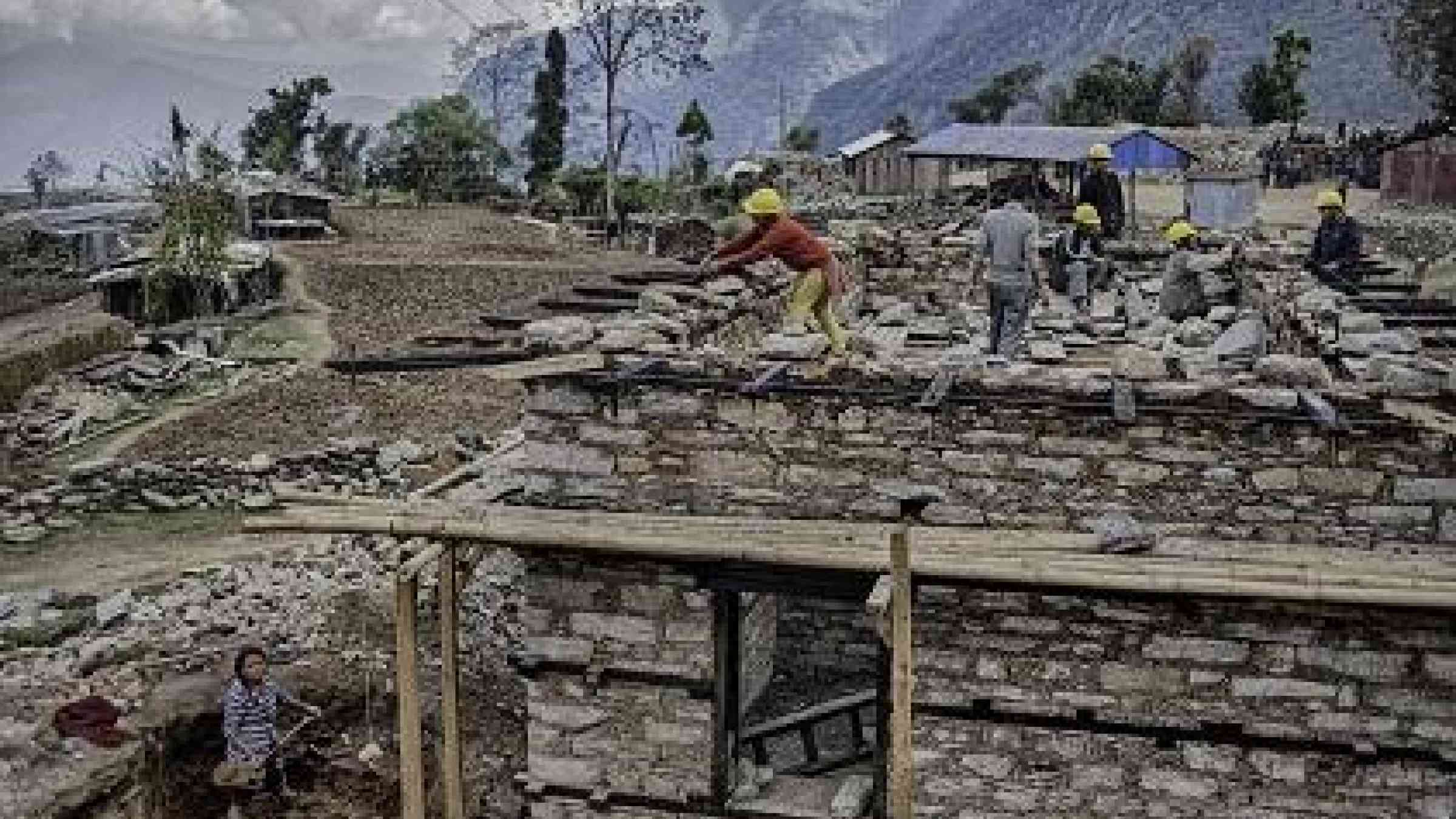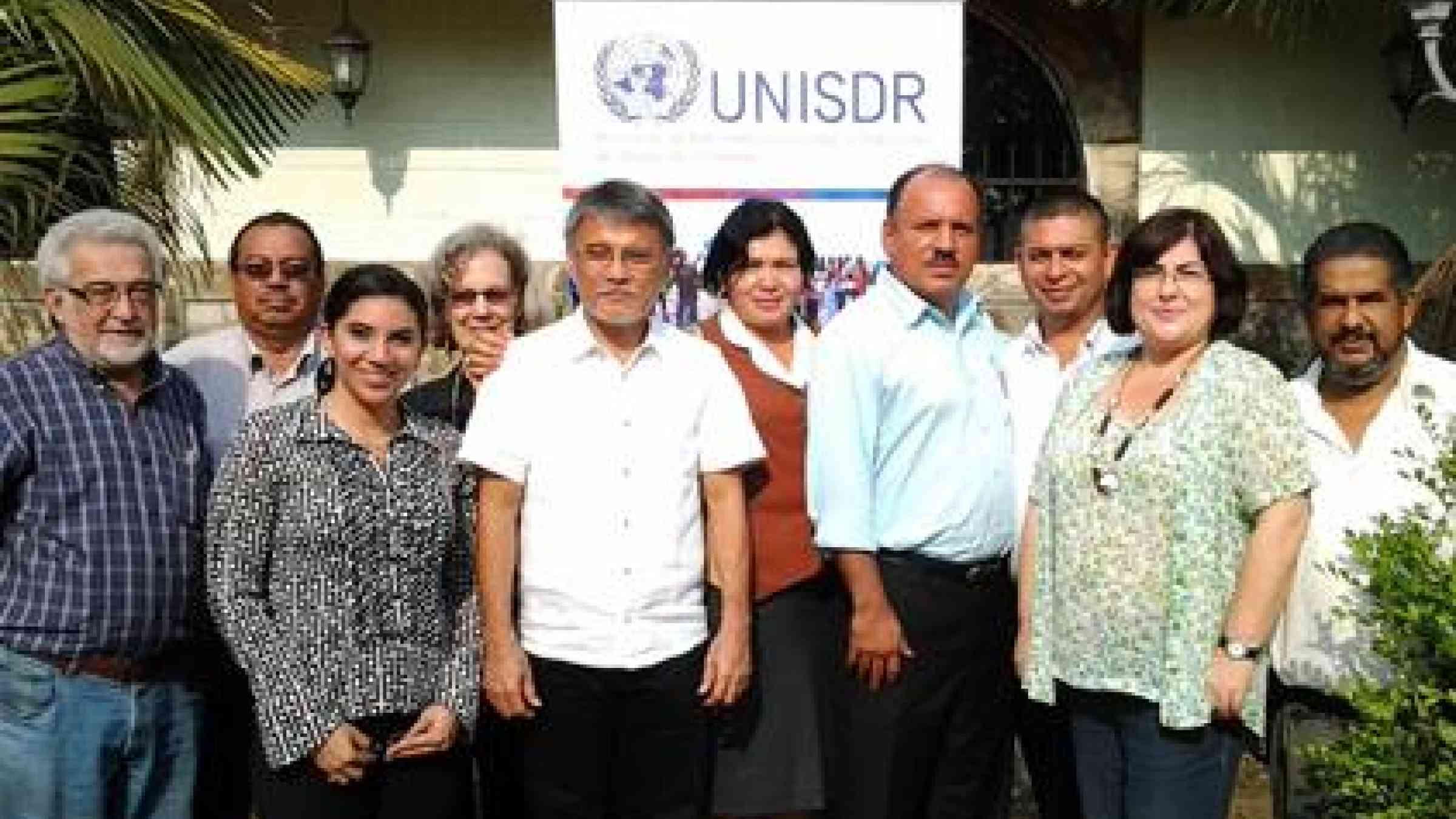Honduras
Pagination
- Previous page
- Current page 1
- Page 2
- Next page
Related resource
Learn more about UNDRR's work with this country and in the region.

Explore more DRR activities and resources for Honduras on PreventionWeb.
Is this page useful?
Yes No Report an issue on this pageThank you. If you have 2 minutes, we would benefit from additional feedback (link opens in a new window).








